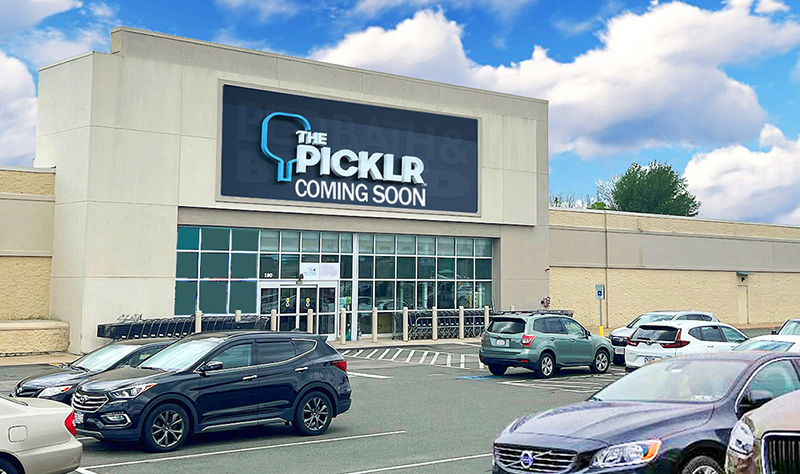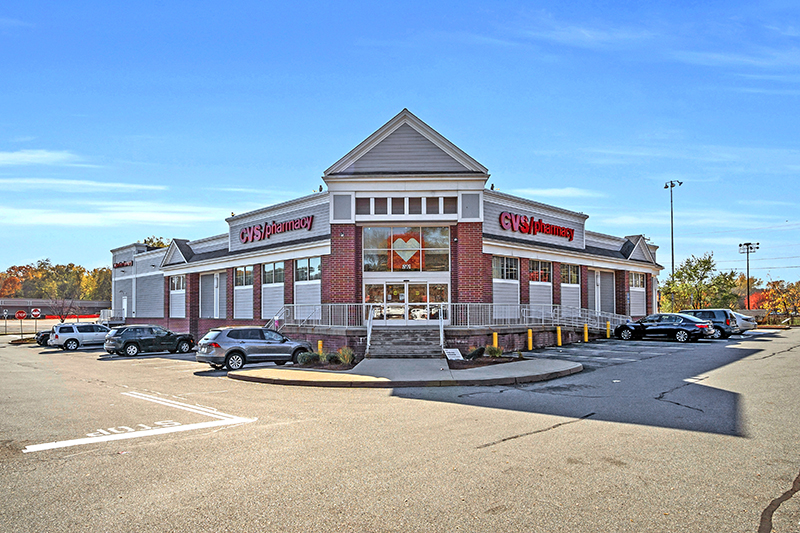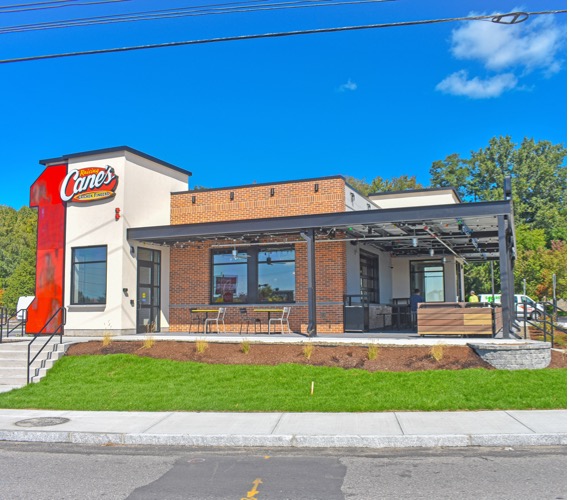News: Retail
Posted: August 25, 2010
With each new season retailers are challenged with the same question: What's the next big idea?
Earlier in my career, I was the Director of Store Planning for ShopKo Stores in Green Bay, WI. As each selling season approached, everyone in the organization was challenged with the same question: "What's the Next Big Idea?" Our quest was simple - find or create the one thing that would stimulate sales, create excitement and generate a buzz among our customers.
As a retailer, we knew that innovation was the key to successfully driving top line sales and new ideas would differentiate us from our competition.
Retail needs a new direction - a big idea. So where do we start?
Past innovations can provide us with plenty of examples to inspire us in our quest for the next big idea. As the automobile created suburban sprawl, the mall was designed to replicate local town center shopping districts. Outlet centers created a new shopping experience for value oriented consumers. Lifestyle centers brought us convenience and a return to pedestrian oriented shopping.
Over the years, retailers have created a number of innovative formats. The supercenter offered convenience by offering one stop shopping for grocery, hard goods and soft goods. Big boxes provided consumers with more selection in one place and made it convenient for time starved customers to get in and out quickly.
How about the Drive thru? Where would McDonald's or Dunkin Donuts be without it?
It's often said that retail reinvents itself. So what's the next big idea?
I believe the next big idea for retail will be born out of social media and networking.
Recent data suggests that more and more consumers are researching their intended purchases online before heading to a bricks and mortar location. How is this significant? Will this trend affect retailers?
Social networking sites such as Facebook will change the way consumers research their purchases. In the past, if you were looking for running shoes, you could type the question into Google and your search generated information about articles, web sites, etc. With Facebook, you can post the same question on your wall and your friends can make recommendations. Endorsements from your friends carry more weight than blindly navigating through the search results from Google.
Since most retailers are on Facebook, they will see your search and send you information about upcoming sales or a coupon to entice you to purchase your running shoes from them. After you make your purchase, you can test out those new shoes at the next local road race. Organizers of the event received the data identifying you as a runner and sent you an entry form.
Social networking sites will also change the way we shop and force retailers to adapt accordingly. A woman looking for a new red dress has completed her online search and has determined that a local retailer has exactly what she wants. She sends the store an email or text to let them know that she will be stopping by on Tuesday night to try it on. This will give the retailer time to lay out the dress with accessories and create up sell opportunities. The retailer may be looking for add on sales but the woman will feel like she has her own personal shopper. Customer service will be back in the retail equation.
So here's my big idea. In the near future, retail formats will become fulfillment centers that will provide the opportunity for the consumer to "accessorize" their purchases. Stores will decrease in size and become more personal. Retailers will pay less in rent and carry less inventory and shopping centers will get smaller.
So what's your next big idea for retail? Do you need some inspiration? You need look no further than Steve Jobs. He is the poster boy for "The Next Big Idea". Since his return to the CEO position in 1997, Apple has transformed whole industries by delivering the next big idea. iTunes reinvented music. Pixar, which is now part of Disney, brought animated films to whole new level. The iPhone changed telecom. The iPad, Apple's most recent big idea, has other computer manufacturers scrambling.
Retail reinvents itself and the industry is long overdue. So what's the next big idea? I can't wait to find out.
James Kimball, AIA is principal at Phase Zero Design, Duxbury, Mass.
Tags:
Retail
MORE FROM Retail
Mace of KeyPoint Partners negotiates 36,192 s/f lease for The Picklr at Endicott Square
Danvers, MA KeyPoint Partners (KPP) negotiated a lease with the nation’s premier indoor pickleball venue The Picklr at Endicott Sq. Vice president of retail brokerage Don Mace negotiated the transaction on behalf of the landlord.




.jpg)


.png)
